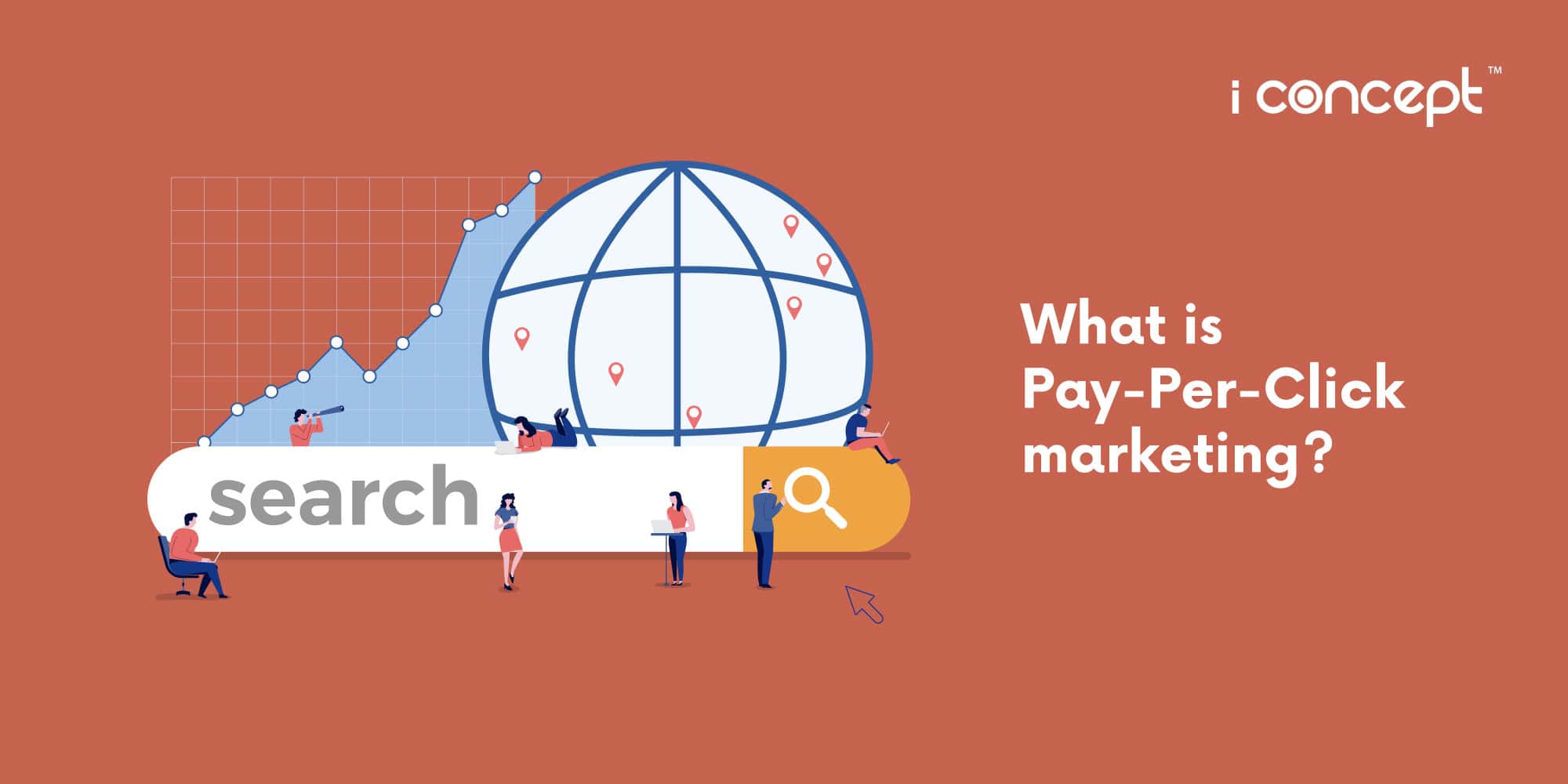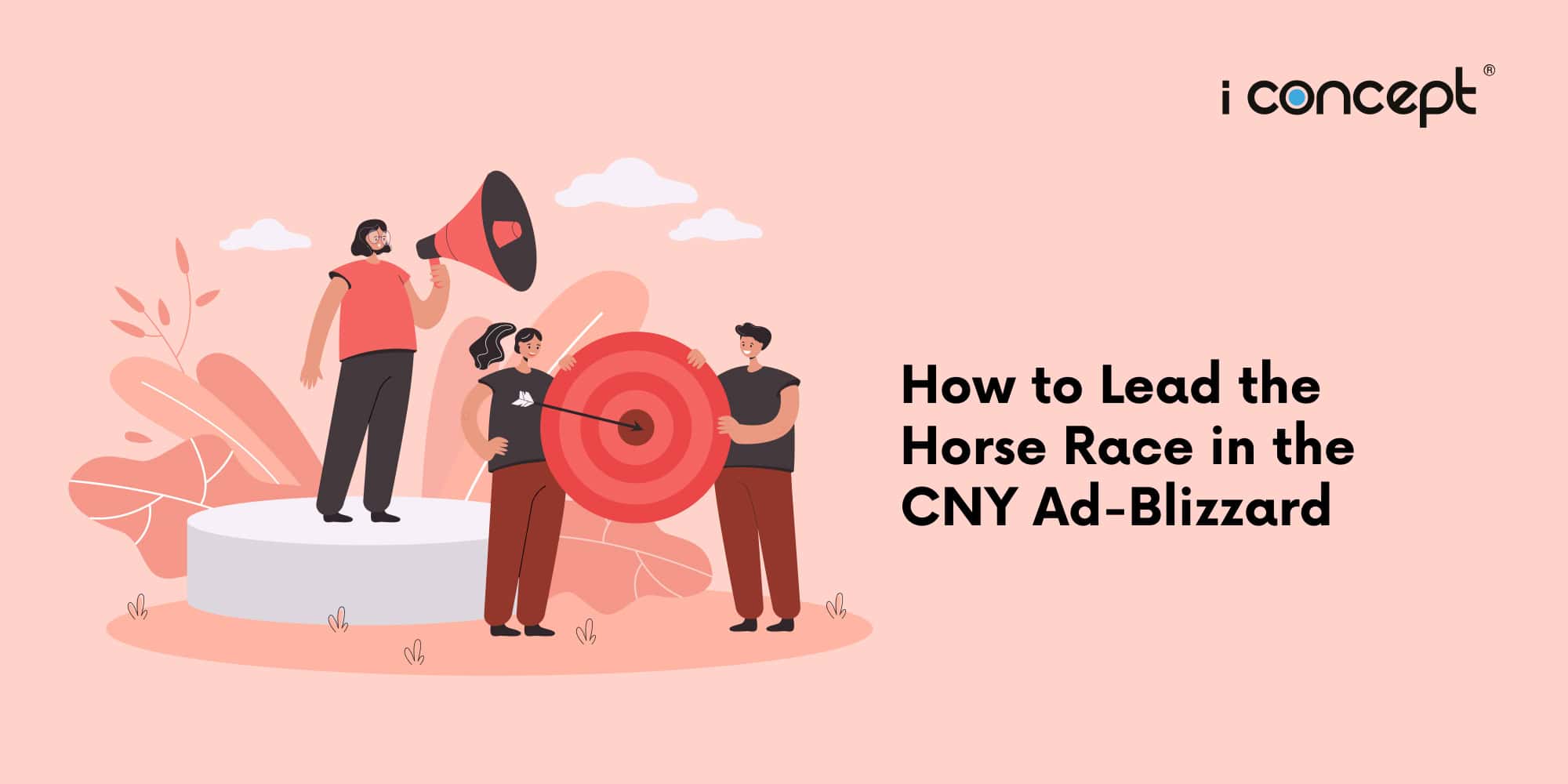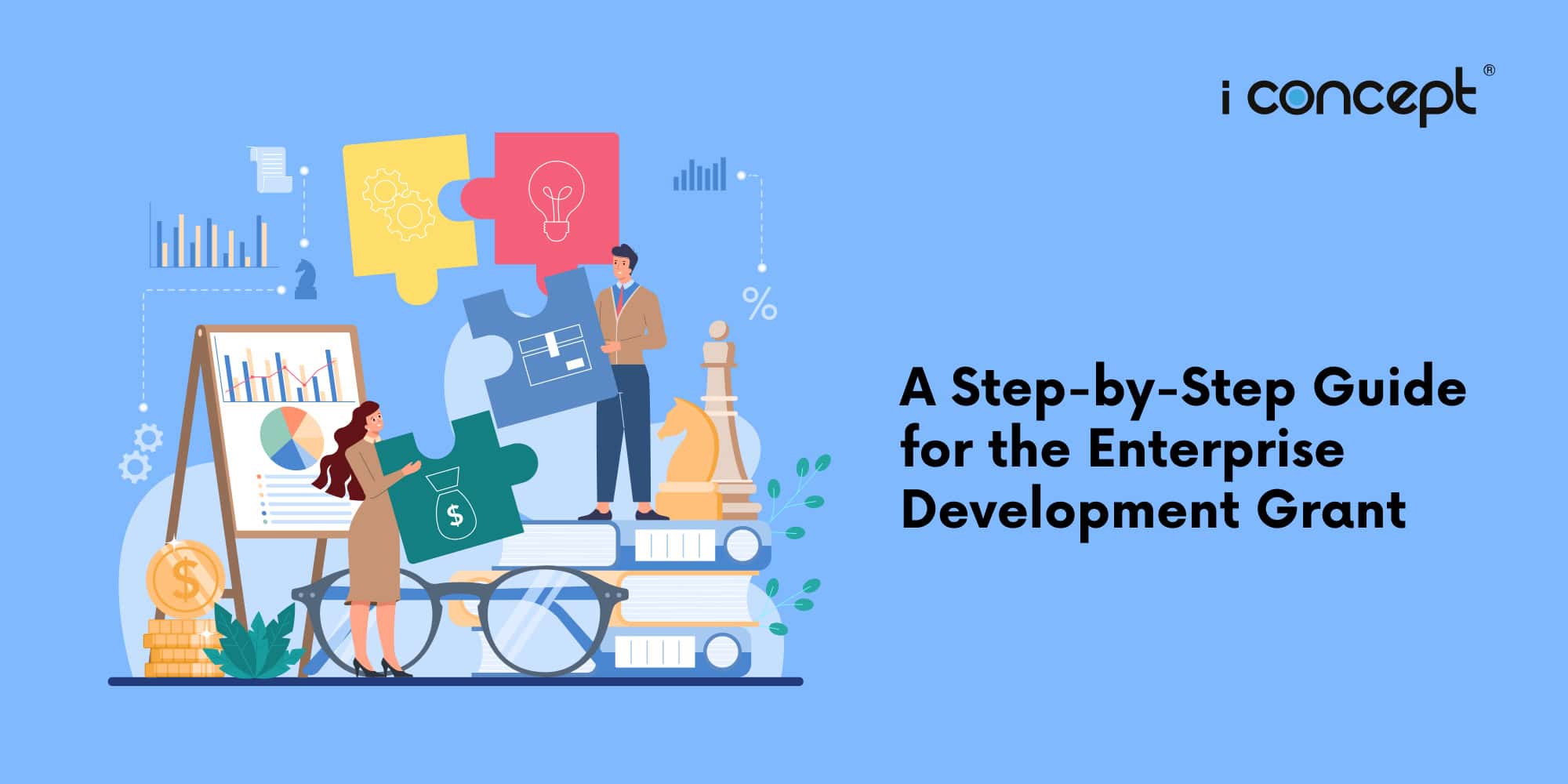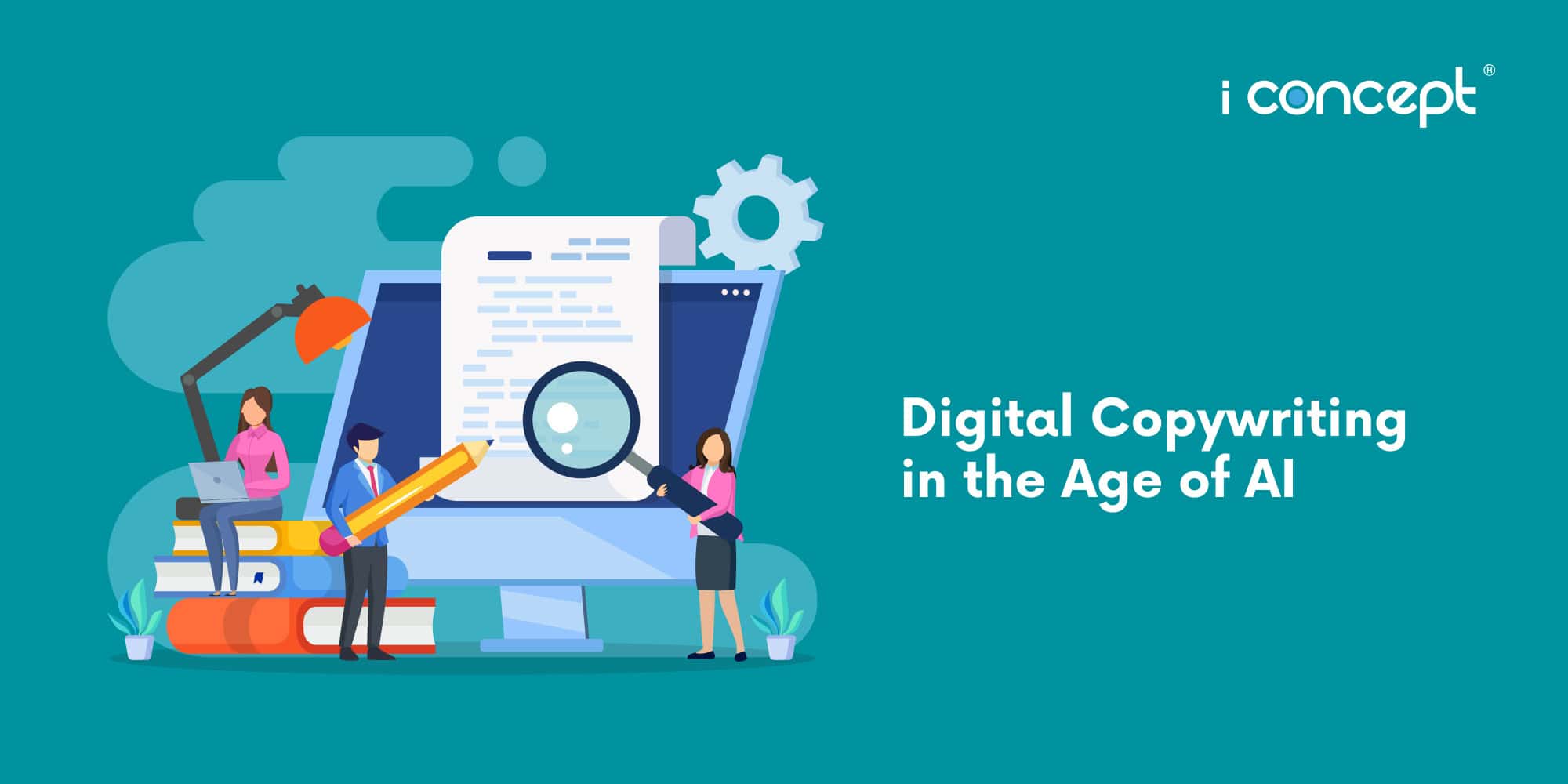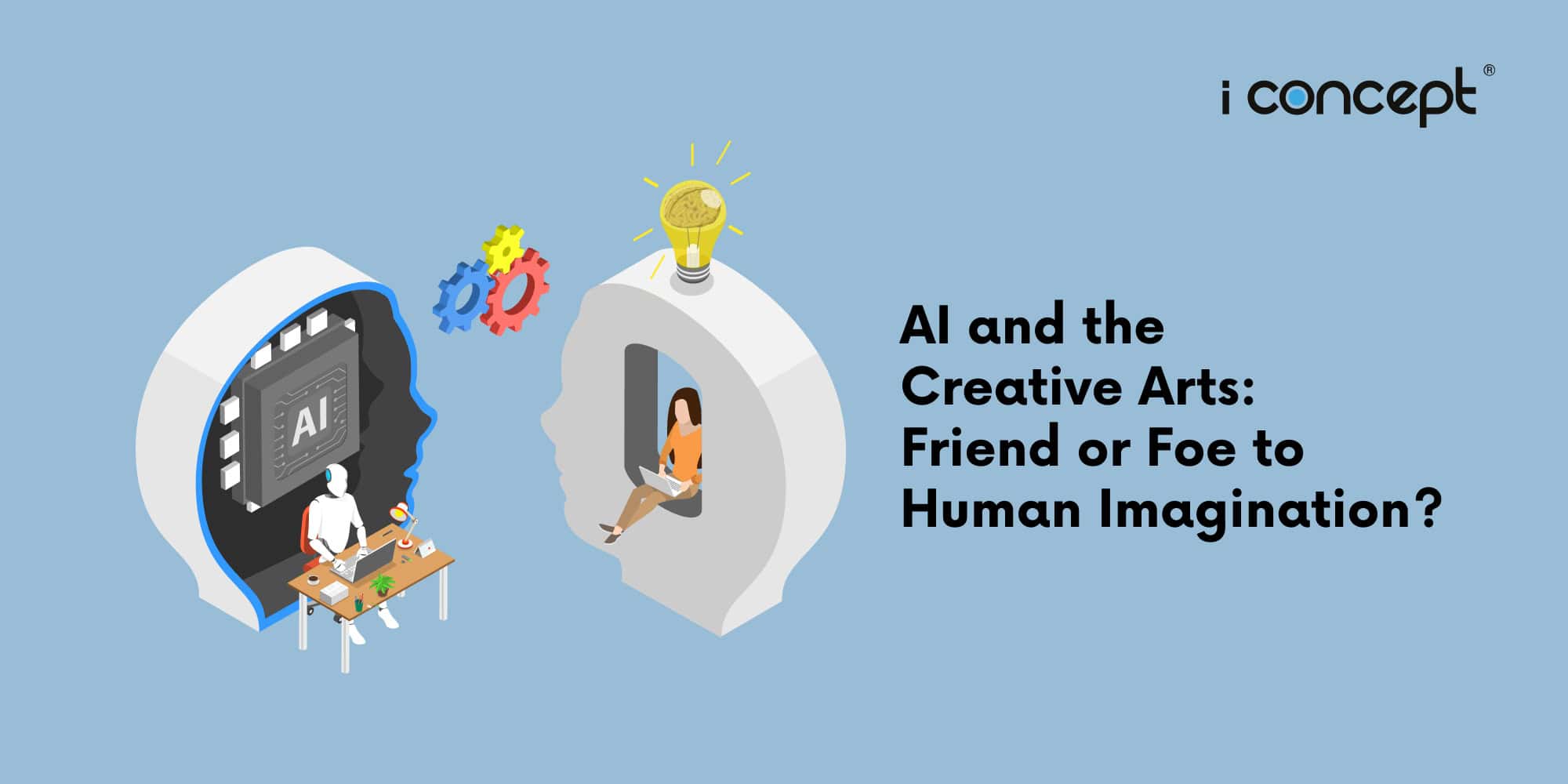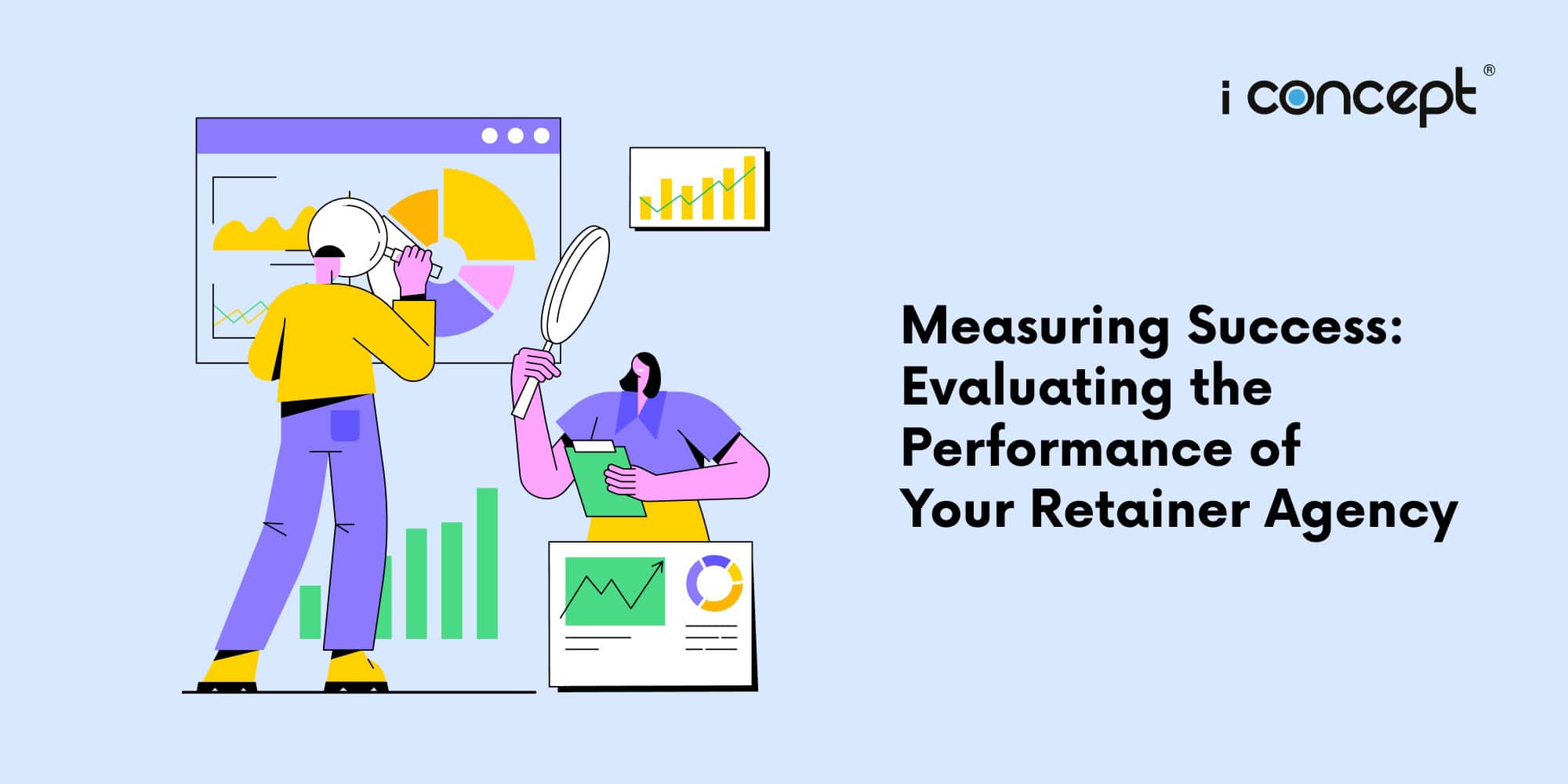We see them all over search engine results page. The first few options with the label ‘Ad’ boldly displayed. Sometimes, we resist clicking on them, preferring to scroll down to see other related alternatives. But most of the time, they have the ability to call out to us, because they seem the most relevant to what we are looking for.
We are talking about ‘pay-per-click’ marketing, more commonly known as PPC ads. PPC is a form of online advertising in which advertisers accrue costs when users click on their ads. Advertisers bid on the perceived value of a click in relation to the keywords, platforms, and audience type in which it originates.
Although some 45% of small businesses do some form of online advertising, pay-per-click is relatively foreign to many, a concept that still eludes many marketers. Thus, with this guide, I Concept will share with you what exactly is PPC marketing, how you and your business can delve into it, and take a look at its many benefits, plus clear up the key definitions that you will need to know.
What exactly is PPC?
Pay-per-click, or PPC, is a form of advertising that allows you to pay a fee to have your website listed on the search engine result page (SERP) when someone types in specific keywords or phrases to the search engine. It is a kind of search engine marketing, where the SERP will then display the ads you create to direct visitors to your site. The fee you pay will be based on whether people click on your ad, on top of the pricing algorithm the search engine has in place.
When done right, PPC can earn you quality leads. If you can create a seamless user journey, it could mean a massive ROI (return of interest) for your efforts.
Pay-per-click advertising is most common on search engine results pages, like Google ads, but it is also used on social media channels.
If you are still wondering where you can find pay-per-click ads, they are the results you see before and to the right of the organic search results on a Google results page.
PPC Terms and definitions
What’s a marketing channel without some acronyms and technical jargon, right? If you are going to enter the paid advertising space, there are a few terms you should know.
Search Engine Marketing (SEM)
SEM is an umbrella term that encompasses both paid advertising and search engine optimization, that is, ranking organically for keywords. It’s important to note that not all PPC occurs solely on search engines, as social media has PPC ads, too (like Facebook and Instagram ads).
Cost-per-click (CPC)
Cost-per-click is the amount that an advertiser pays for each click on your ad. CPC acts as your bid in an auction that determines where your ad will be placed. As you can imagine, a higher bid equates to a better ad placement.
You set your CPC at the maximum price you are willing to pay per click on your ad. What you actually pay is determined by a separate formula.
Ad rank
This value determines the position of an ad on a search engine results page. All the ads are ranked according to the search term’s relevance and a complex algorithm.
Quality Score
This is the quality score that search engines give to your ad based on your click-through rate (CTR) – measured against the average CTR of ads in that position – the relevance of your keywords, the quality of your landing page, and your past performance on the SERP.
Maximum Bid
This is the maximum you are willing to pay per click on your ad.
You can set your CPC to ‘manual’, where you determine the maximum bid for your ads, or ‘enhanced’, which allows the search engines to adjust your bid based on your goals. One of these enhanced options involves bid strategies that automatically adjust your bids based on either clicks or conversions.
Campaign
The first step in setting up your PPC ads is determining your ad campaign. You can think of your campaign as the key message or theme you want to get across with your advertisements.
Keywords
Each ad within your ad group will target a set of relevant keywords or key terms. These keywords tell search engines which terms or search queries you want your ad to be displayed alongside in SERPs. Once you determine which keywords perform best, you can set a micro CPC specifically for keywords within your ads.
Landing page
A landing page is a critical piece of your paid advertising strategy. The landing page is where users will end up once they click on your PPC ad. Whether it’s a dedicated webpage, your homepage, or somewhere else, make sure to follow landing page best practices to maximise conversions.
The main platforms PPCs appear on
Google ads
How many times a day do you hear the phrase “Let me Google that?” Probably more than you can count. And hence that is why Google Ads is the king of paid advertising.
On average, Google processes over 90,000 search queries every second, giving you plenty of opportunities to target keywords that will get your intended audience to click. The downside is that keywords are highly competitive on this platform, meaning a larger ad spend.
Facebook ads
Facebook ads are a popular and effective platform for paid ads mainly due to their specific targeting options. Facebook allows you to target users based on interests, demographics, location, and behaviours.
Also, Facebook allows for native ads, which means ads are introduced and blended into the social feed. Not to mention, you can use Facebook Ads to advertise on Instagram as well.
5 great benefits of PPC marketing
- PPC ads are cost-effective
With PPC ad campaigns, you have complete control over how much you are willing to spend. Since you only pay when visitors click on the link leading to your website or landing page – with a high chance of conversion – you will be getting your money’s worth.
- PPC ads produce fast results
Although organic ranking is great, it sometimes takes months or even years to get on the first page on SERPs, with many factors coming into play, such as keyword difficulty and competition.
If you are a startup or small business, you likely don’t have the time to wait for the effect of organic, social, or direct traffic to kick in. And that’s where PPC ads come in.
With optimised PPC ads, you can shoot yourself to the top of the SERP within hours of launching your campaign.
- You can easily control and test PPC ads
It’s easy to control the keywords you are targeting, ad placement, or budget with PPC ads. You can also run A/B split tests with different ads to identify the one that produces the highest return on investment. You can then scale the ads that do well until it no longer produces desirable results.
- PPC ads allow you to target your ideal customers
With PPC ads, you can skip right past cold audiences to target a warm audience that’s ready to buy your products and services.
You can bid on specific keywords that your target audience would search for online. Aside from keywords, PPC ads also offer targeting options like past online activity or demographics.
Another excellent use of PPC ads is to create retargeting campaigns that target visitors who didn’t purchase after landing on your site.
- Algorithm changes have little effect on PPC ads
Between the numerous Google algorithm changes and the 200 ranking factors, trying to get free traffic from search engines is a bit unstable compared to PPC advertising.
With PPC ads, you don’t have to worry about algorithm changes but instead focus on how well your campaign performs.
How to build a PPC campaign
Now that you understand the benefits of PPC and all the key terms, let’s dive into the crafting of a quality PPC campaign. You will need to work through each of the following steps to ensure that you create an effective marketing campaign.
Setting parameters
This should be one of the first things you need to have settled. Without parameters, you risk your ad being untargeted and ineffective.
You want to put your ad campaigns into the context of your ultimate business goals. Consider how your paid campaigns will contribute to those goals. Then, think about what you want to accomplish with your ads – whether that be visits, sales, brand awareness, or something else – and how much you are willing to spend to achieve that goal.
Your ads should encompass a few things:
- Who do you want to target
- The theme of your campaign
- How you will measure success
- Type of campaign you will run
Create goals and goal metrics
Your campaign goals will give you something to show for your ad spend as long as you determine how you will measure those goals. Here are some common PPC goals and how to measure them.
- Brand awareness is how familiar your target audience is with your company and your brand. It might be a good idea to look into display ads for this goal, to supplement your digital copywriting with engaging imagery. You can measure brand awareness through social engagement, surveys and direct traffic.
- Lead generation is the direct result of having a relevant and engaging landing page to follow your paid ad. Since you will create a separate landing page for each ad group, you should be able to easily track the lead conversions.
- Offer promotion is great if you are running a limited-time offer, product or service discount, or contest. You should create a dedicated sign-up page or a unique discount code so you know which users came from your ad.
- Site traffic is a great goal if you have high-quality content throughout your website. If you are going to spend money getting people to visit your site, you want to have some level of confidence that you can keep them there and eventually convert them into leads.
Perform keyword research
Each ad group you create needs to be assigned a set of keywords to target – that’s how search engines know when and where to display your ad. The general rule of thumb is to select between one to five keywords per ad group, and those keywords should be extremely relevant.
Select keywords that are closely aligned with the specific theme of your ad group. If you find keywords you want to target that fall outside of one theme, you should create a separate ad group for them.
It’s important to note that you’re not stuck with the keywords you start with. In fact, you should closely monitor your keyword list throughout your campaign, eliminating those that don’t bring in the types of visitors that you are looking for and increasing your bids on those that do.
Do PPC and digital marketing right with I Concept
Paid advertising is not “set it and forget it”. You need to manage and constantly monitor your ads to ensure that you are reaching optimal results. Management, analysis, and tracking are crucial to a PPC campaign because they provide you with valuable insights and help you create a more effective campaign.
Looking to go into search engine marketing and PPC but think it’s too much of a hassle? Not too sure which digital marketing strategy fits your business better? It is perhaps wise to consult with I Concept, your top creative agency Singapore.
Our team of brand guardians and digital marketing consultants can walk you through the different approaches and build a strategy that best fits your current business model. From developing (and renewing) brand identity to integrated digital marketing, our team of designers, creative strategists and programmers can offer you the right advice.
Feel free to ask us anything about digital marketing and let us help you to do it right!
